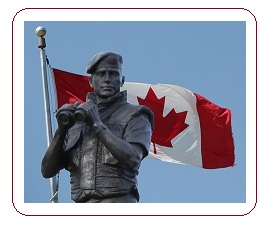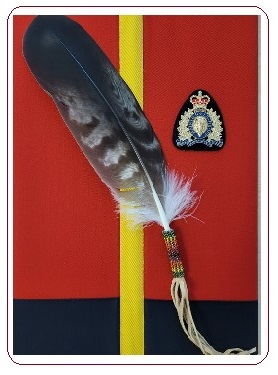True and Fascinating Canadian History
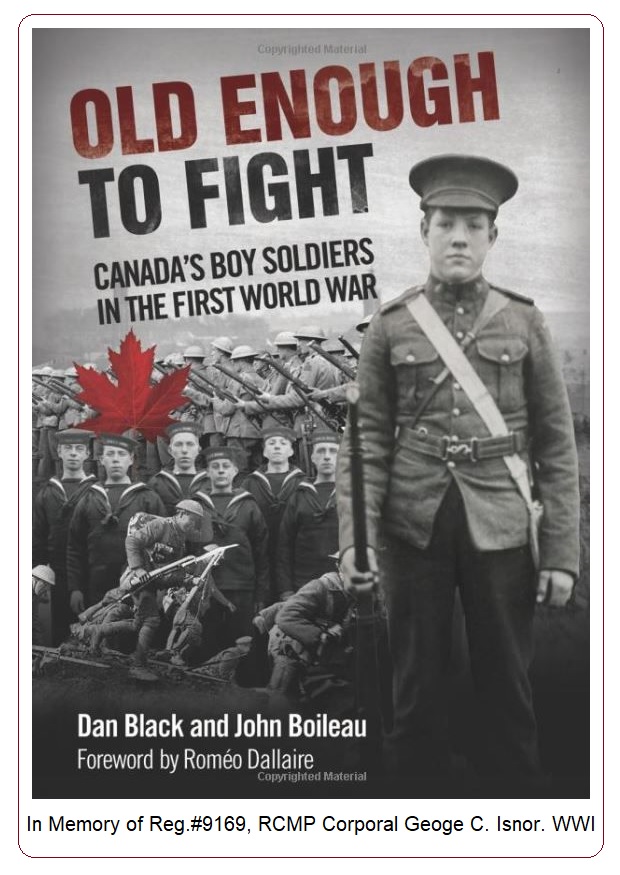
Vet of the Month: June, 2023
Reg.#9169, Corporal George Campbell Isnor. WWI
RCMP Vets. Ottawa, ON
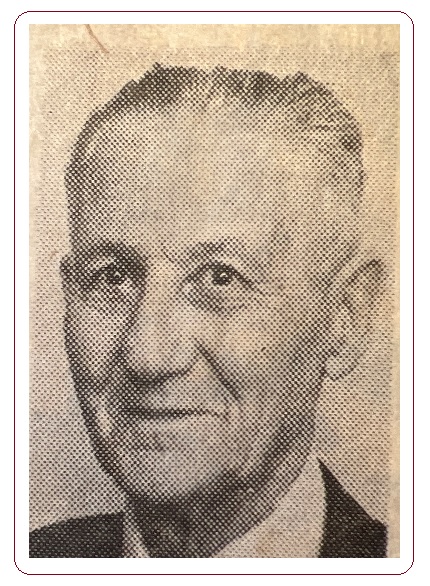
In 2023, the RCMP celebrates its 150 year anniversary and its service to Canada. Looking back in the rear view mirror to 1873, thousands of pages of Canadian history recount the stories of RCMP members who dedicated their entire lives to Canada. Many RCMP members went to war in foreign countries, and hundreds of them died and did not return. As young Canadians, they never intended to spend their formative years in social turbulence or facing war in Europe.
On a lighter note, hundreds of Veterans came home after a stint in the Canadian Expeditionary Force (CEF) and then joined the RCMP. The RCMP offered secure employment as well as an exciting career in policing. One such man is our Vet of the Month; Reg.#9169, RCMP Corporal George Campbell Isnor. His entire life was hard, but over the years while serving with the RCMP, George Isnor often expressed his love for Canada as well as his deep appreciation for a long and rewarding career. In spite of all the difficulties which he faced, Geroge Isnor was an optimist at heart.
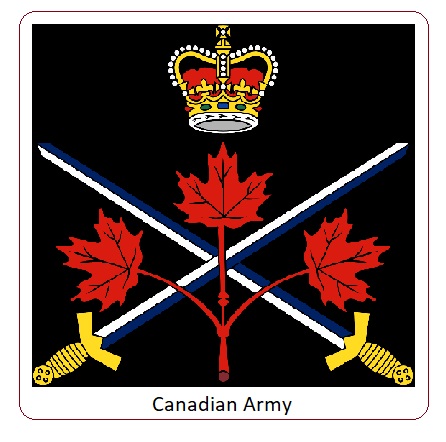
George Cambell Isnor was born in 1894. His parents were George William Isnor and Kathleen Violet Feeley of Halifax, NS. According to an online family search the Isnors were the parents of at least 4 sons and 2 daughters. In 1914, after his early school years, George Isnor enlisted with the Canadian Expeditionary Force (C.E.F.). He was 20 years old. He spent five years in Europe with the Canadian Army.
Upon his return to Canada in 1919, George married Lillian Flora Myra on February 5th 1920, in Halifax. Over the years they had six children. George also joined the Dominion Police in 1920 in Halifax, NS. In his new role, he was responsible for enforcing federal laws and performing general policing duties throughout Nova Scotia. In February 1920 the Dominion Police was absorbed by the RCMP, and George Isnor was one of the RCMP’s first inductees. He was assigned Reg.#9169.
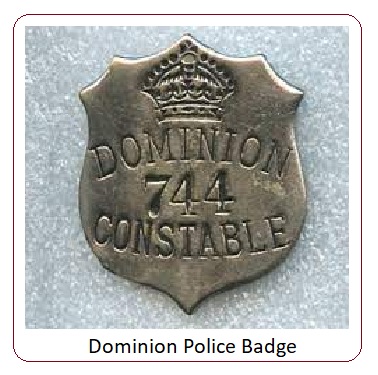
After George retired from the RCMP, he was interviewed by Halifax Staff Writer Brian Condran and the talk gave him an opportunity to reflect back on his career. He said he had a wonderful life in the RCMP and he cherished his lifelong friendships. After WWI, and in the early days of policing, however, George recalled that life consisted of daily struggles, obstacles and hardships. When he retired in 1938 as a Corporal his salary was $1, 250 a year. In those days, working hours were long, and there was no overtime. Rules and Regulations governing the RCMP were strictly enforced.
George spoke highly of the role and the work of the RCMP in small communities of Nova Scotia. On the one hand, it was important to gain friends within the community, but on the other hand, frequent transfers did not allow for close knit relationships. He said it was important for the RCMP to engage in community activities which he often did as a volunteer on his own time.
One problem which the RCMP had to face was prohibition. He was actively involved in several liquor intercept investigations which were lengthy, complex and dangerous. He recalled that the liquor was brought ashore in small boats. The RCMP was responsible for finding the boats, the landing zones and then the RCMP would seize the liquor. In one particular case, George and his team of RCMP seized 250 kegs of liquor.

After George first joined the RCMP in 1920, he was transferred to Regina for Part I of Basic Recruit Training. After several months at 'Depot', Part II Basic Recruit Training was conducted in Ottawa. Then he returned to Nova Scotia. He worked in several communities throughout the province. He fondly recalled that the RCMP was good to him, and he said he would do it all over again.
One could easily tell by listening to Geoge Isnor that he appreciated all that he had gained in life in spite of all the difficulties he faced especially while he was young. WWI was an enormous weight on the shoulders of all the young men who fought with the Canadian Army. The world seemed like it had spiraled out of control, and the war affected everyone and every Canadian household. After the war, and after George joined the RCMP no one escaped the stresses that were inherent in policing. Throughout his career, the hours of work were long and arduous. Oftentimes, RCMP members went with little sleep and a lack of nourishment. To counterbalance all the negative aspects which he endured over this lifetime, George said that by 1938 several good organizational changes had been made within the RCMP, but he also said he missed the important role that horses had played in rural policing!
George's wife, Lillian died in 1957 at the age of 67. George Isnor died in 1977 at the age of 83. George was a person of sunshine and of hope. He was also a faithful Canadian all his life. George and his wife were laid to rest in Fairview Cemetery, Halifax, NS.
Note: This short piece was woven around ideas about George Campbell Isnor which came to me while reading a short article about his life. It was written by Staff Writer Brian Condran, and it appeared in an unidentified Halifax newspaper in 1977.
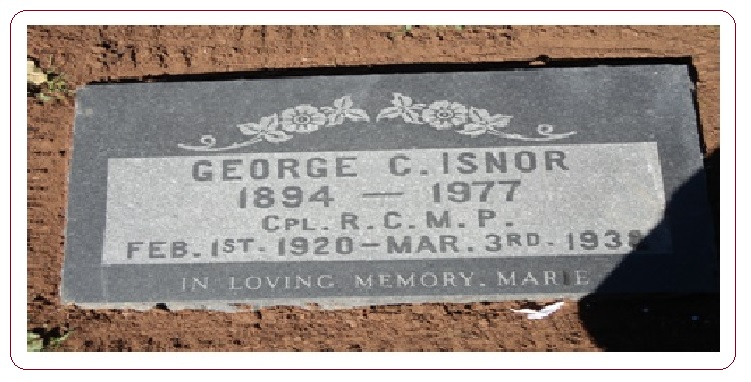
Reg.#9169, Corporal George Campbell Isnor
WWI. Canadian Army. 1914 - 1919
Dominion Police. 1919
RCMP. 1920 to 1938
R. I. P.
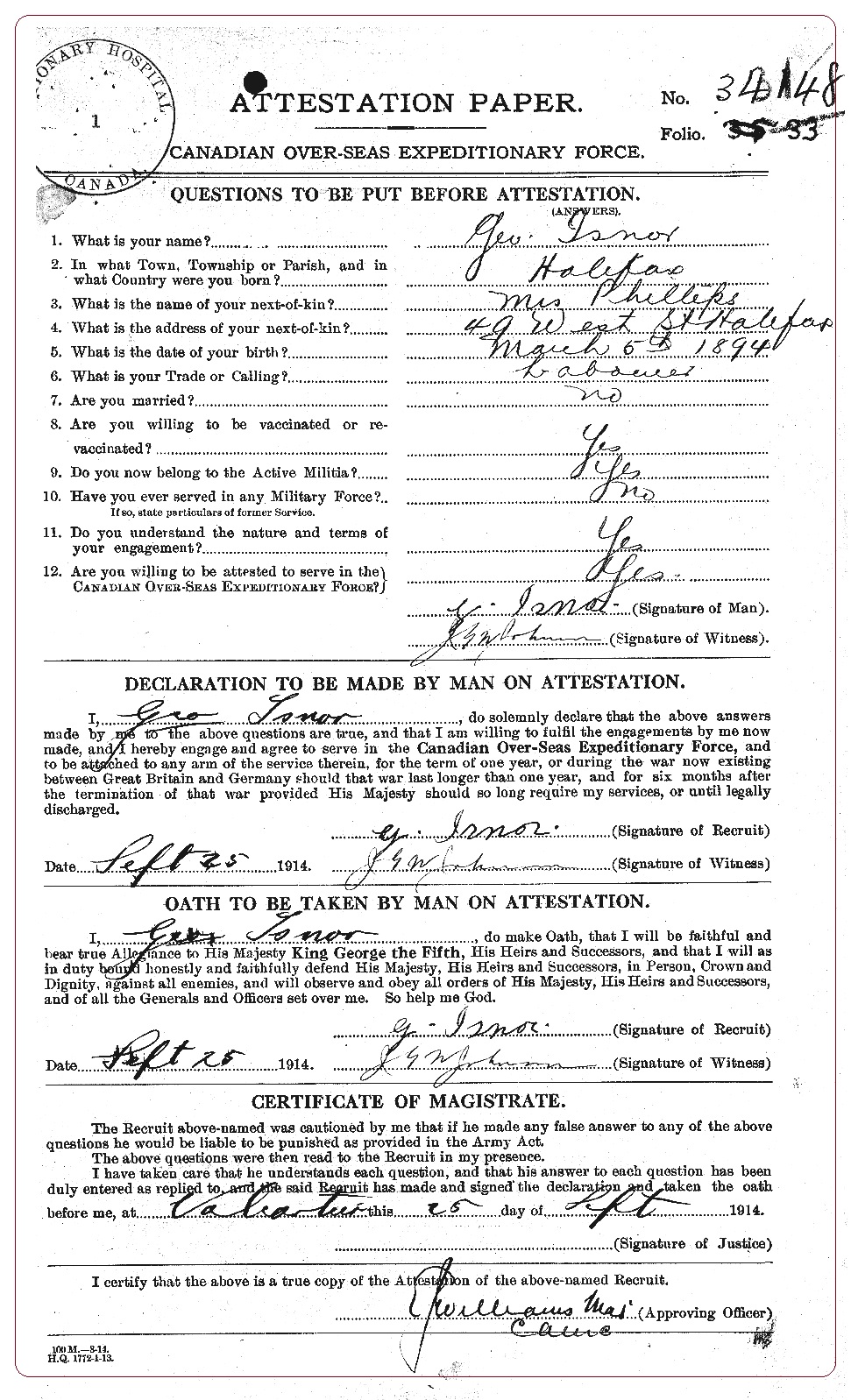
Reporting from Fort Healy,
J. J. Healy
May 7, 2023


